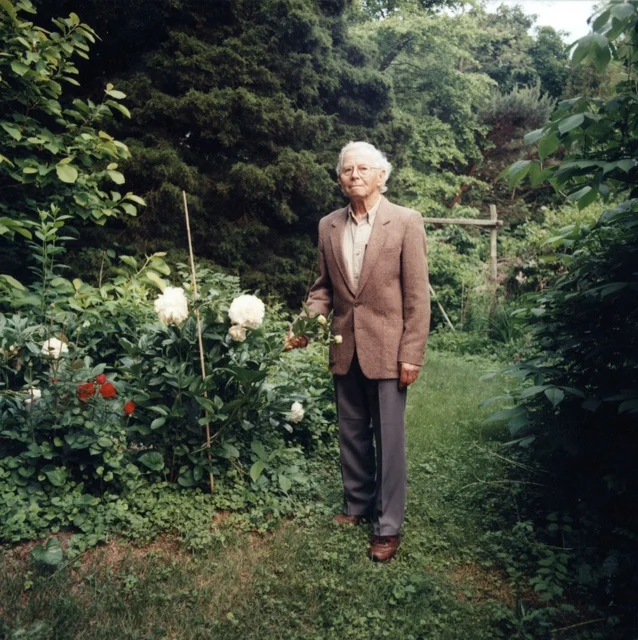Mission
The mission of M.H. Mitchell, Inc., is to promote the understanding of the southeastern region through cultural, social and structural preservation. The thought, discourse, and works of those who have gone before should be discussed and preserved, regardless of social and political shifts in public opinion. Through challenging mental entrenchment we seek to promote alternatives to the removal of memory, monuments, and historic structures and places. We also wish to see the rise of stewardship in the coming generation. The past is not over; it is simply waiting to be heard. We wish to promote that conversation by generating support for these goals.
M.H. Mitchell, Inc., was created to continue the work of its namesake. Martin H. “Buddy” Mitchell, who served on the Rome City Commission and managed a carpet mill long after that industry had left northwest Georgia. He instilled a love of civic responsibility in all who knew him. He understood that losing the memories of our past would diminish the “story” for those who followed. Therefore, in his absence, his name should be a part of the pursuit of civic service above self.
Robert Uriah “Bob” Cassel was an early supporter of M.H. Mitchell, Inc., and continued to evolve the goals of the organization. His selfless dedication in promoting the welfare of others—both dead and living— was constant and unyielding. His personal collection of material from the 94th Infantry Division, in which he served during World War II, became the foundation of the collection now housed at the University of Georgia’s Hargrett Rare Book and Manuscript Library. His focus on ensuring that historical materials were used, not merely held in private holdings, was his established maxim. He represented the zenith of stewardship, and he gifted this organization with the understanding that we must defend those historical figures, both famous and unknown, who can no longer defend themselves.
M.H. Mitchell, Inc., exists to provide others with the realization that our potential is always anchored in the experiences of past people and places whose memory we refuse to let die. Our past must be purposefully remembered and communicated through altruistic acts of collection and preservation.



